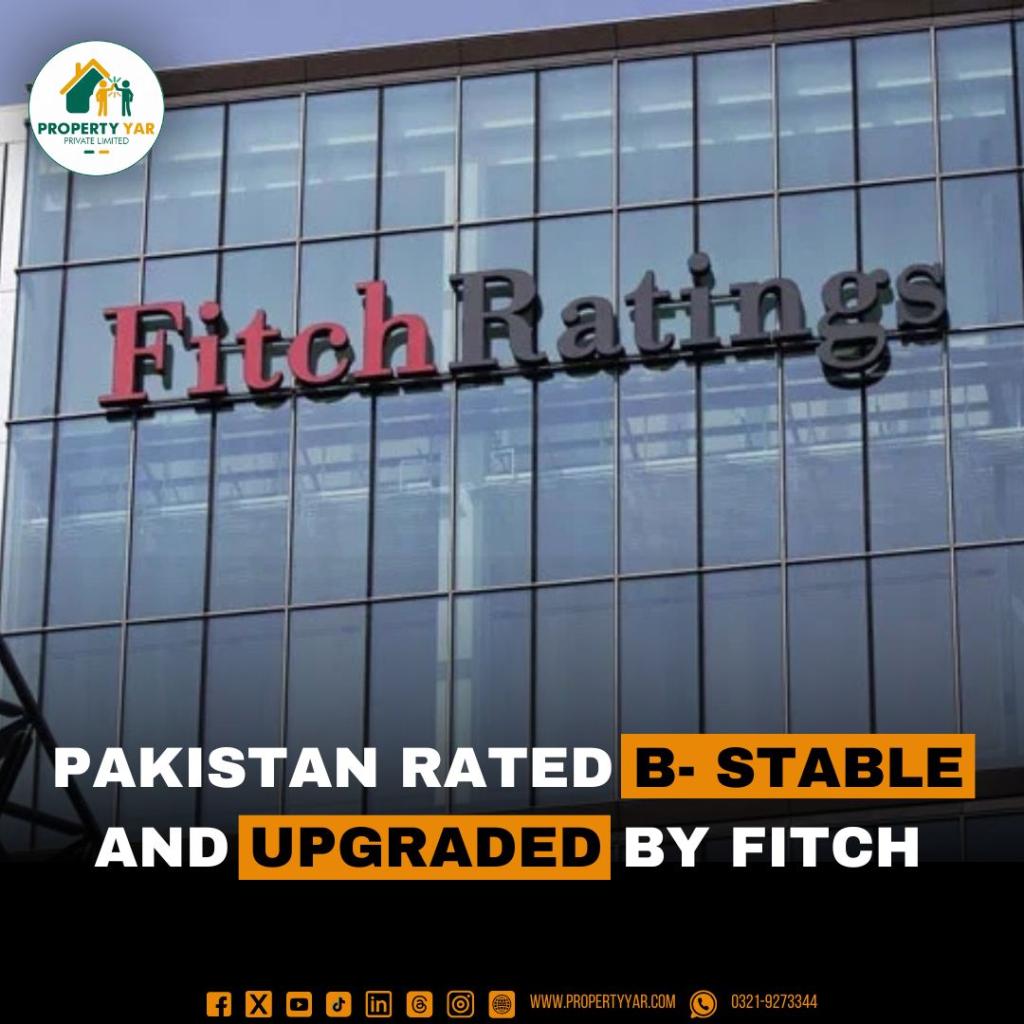
Pakistan Rated B-Stable and Upgraded by Fitch
After 2 long years, Pakistan managed to convince Fitch that Pakistan had made reforms and brought fiscal discipline. Today Fitch has upgraded Pakistan to B- stable, the same rating as 2021, when Pakistan's forex reserves were USD 27 billion; however, at the time, Pakistan was facing a serious current account deficit crisis due to flawed expansion of the budget, subsidizing imports, and giving subsidies to import cars.
Pakistan was first downgraded in October 2022, and Pakistan was rated B- negative in July 2022. Then Pakistan was downgraded again to CCC+, CCC- in February 2023. Then, after a couple of months, Pakistan struck a deal with the IMF, and it was a short-term agreement with the IMF at the time. Moreover, that agreement with the IMF helped Pakistan to avoid default, which could have impacted Pakistan's credibility in global financial markets, could have caused the PKR to devalue, and could have caused a shortage of imported items. There is no doubt that it could have severe effects on people's lives, like in Sri Lanka, Argentina, and Lebanon.
Moreover, the Pakistani government did not have any choice but to agree to the IMF package on IMF terms, which has now led Pakistan to get an upgraded rating from Fitch. This will allow Pakistan to increase foreign direct investment, creating more investment opportunities and boosting the PKR. Additionally, the biggest impact will be on bonds that Pakistan will issue later this year. Pakistan will now be able to secure long-term bonds at a fair price, and it is safe to say that Pakistani bonds won't be having issues with double-digit interest rates.
Fitch says that Pakistan has made positive progress on forex exchange reserve management, brought in fiscal discipline, and focused on reforms under the IMF program, which are the given reasons to upgrade Pakistan's ratings.











